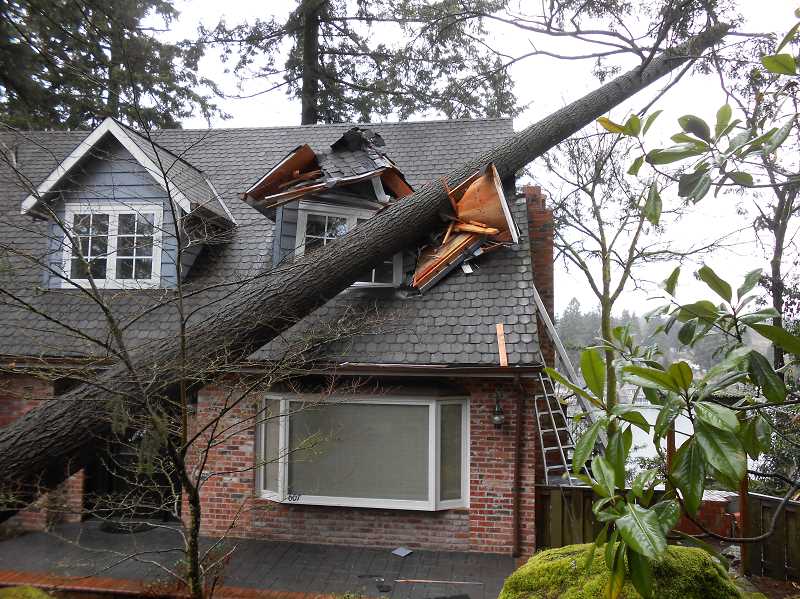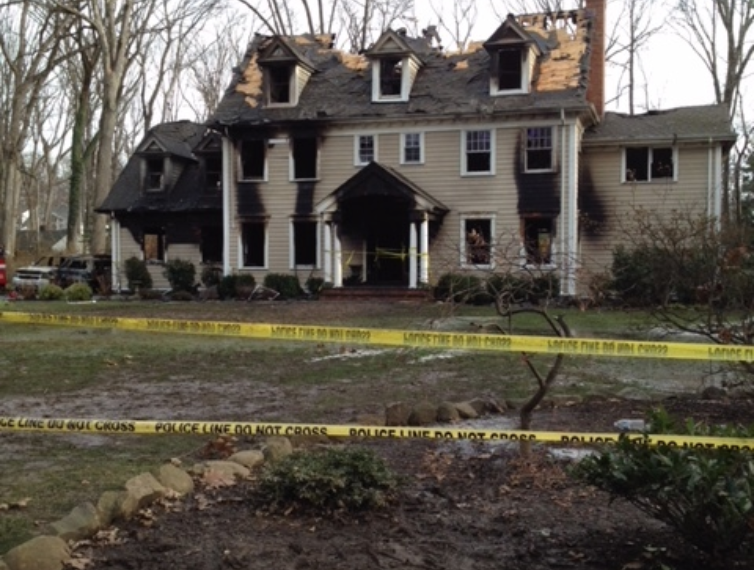Dealing with a Flooded Basement
/During storms, basements can flood. The flooding can happen to any home—even homes far from rivers and flood plains. A large amount of rain in a short period of time can overwhelm basement water-proofing systems, allowing water to creep its way inside and cause major damage. Furniture and possessions can be ruined, foundational walls and ceilings can cave inwards, and toxic mold can develop. If you discover water in your basement, do not enter—first, turn off the gas and electricity to the flooded areas, and then call a licensed public adjuster.
A public adjuster handles property losses involving perils due to natural and or man-made disasters—including floods. After a major water loss or flood, it is ideal that the insured engages with a public adjuster at the inception of the loss so they can choreograph the critical next steps to cut off utilities, separate damaged property from undamaged property, coordinate emergency services, and retrieve valuable items.
It is possible to deal with a flooded basement without a public adjuster, but it is physically and financially risky. A flooded basement is a major electrocution hazard and entering a deeply flooded basement can be deadly. The longer the water lingers, the more varied and dangerous molds can develop and multiply. Regarding the claims process, the public adjuster is an expert in documenting and negotiating with the insurance carrier, guaranteeing a better settlement than if the insured tackled the task alone. The public adjuster has contacts in every area needed for recovery of the flooded area—electricians, mold experts, water removal professionals, and more. The public adjuster handles this while the insured can focus on what is really important—taking care of their family, going back to their job, and getting their lives back on track.
During storms, basements can flood. The flooding can happen to any home—even homes far from rivers and flood plains. A large amount of rain in a short period of time can overwhelm basement water-proofing systems, allowing water to creep its way inside and cause major damage. Furniture and possessions can be ruined, foundational walls and ceilings can cave inwards, and toxic mold can develop. If you discover water in your basement, do not enter—first, turn off the gas and electricity to the flooded areas, and then call a licensed public adjuster.
A public adjuster handles property losses involving perils due to natural and or man-made disasters—including floods. After a major water loss or flood, it is ideal that the insured engages with a public adjuster at the inception of the loss so they can choreograph the critical next steps to cut off utilities, separate damaged property from undamaged property, coordinate emergency services, and retrieve valuable items.
It is possible to deal with a flooded basement without a public adjuster, but it is physically and financially risky. A flooded basement is a major electrocution hazard and entering a deeply flooded basement can be deadly. The longer the water lingers, the more varied and dangerous molds can develop and multiply. Regarding the claims process, the public adjuster is an expert in documenting and negotiating with the insurance carrier, guaranteeing a better settlement than if the insured tackled the task alone. The public adjuster has contacts in every area needed for recovery of the flooded area—electricians, mold experts, water removal professionals, and more. The public adjuster handles this while the insured can focus on what is really important—taking care of their family, going back to their job, and getting their lives back on track.














